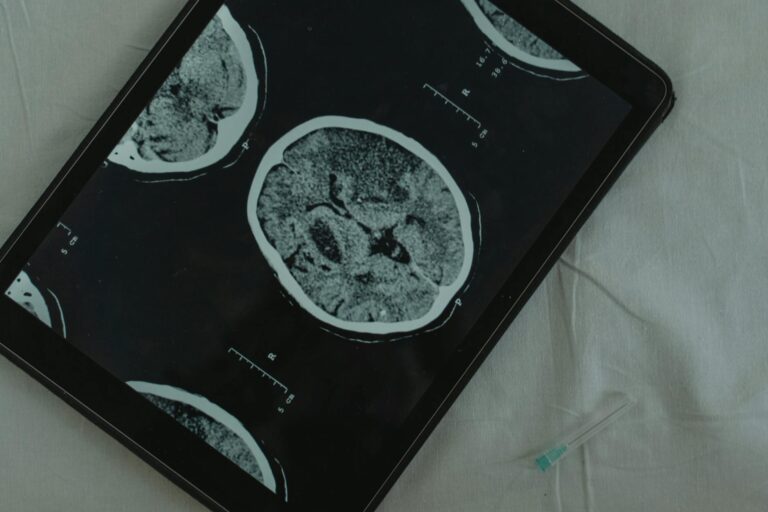The Role of Brain Training Games in Dementia Prevention
Dementia is a condition that affects memory, thinking, and overall cognitive function. As people age, the risk of developing dementia increases, making it crucial to adopt brain-healthy habits. One popular approach to maintaining cognitive health is through brain training games. These games are designed to challenge the mind and improve mental agility. However, the question remains: can brain training games alone prevent dementia?
### Benefits of Brain Training Games
Brain training games, such as Sudoku, crosswords, and puzzles, can improve specific cognitive skills like logical reasoning and memory retention. Engaging in these activities can enhance problem-solving abilities and provide a sense of accomplishment. For individuals with Alzheimer’s disease, word games and puzzles can stimulate mental activity and memory retention, potentially slowing down cognitive decline[1][5].
### Limitations of Brain Training Games
While brain training games offer some benefits, they may not be comprehensive enough to ensure overall brain health. Studies suggest that these games primarily target specific parts of the brain and may not translate into improved overall cognitive function or a reduced risk of dementia[3]. For instance, regularly playing Sudoku might make someone better at Sudoku, but it does not necessarily enhance general cognitive abilities.
### Real-Life Activities for Dementia Prevention
Experts agree that engaging in everyday activities that combine physical, social, and cognitive stimulation provides a more holistic approach to brain health. These activities include:
– **Physical Exercise**: Regular physical activity, such as walking or swimming, improves blood circulation to the brain, reduces inflammation, and enhances mood. Exercise has been shown to promote the formation of new brain cells and protect against age-related cognitive decline[3][5].
– **Social Engagement**: Meaningful social interactions help combat loneliness and depression, both significant risk factors for cognitive decline. Strong social connections have been proven to protect cognitive function and slow down mental deterioration[3].
– **Learning New Skills**: Acquiring new skills, such as learning a language or playing a musical instrument, challenges the brain to form new neural pathways. This enhances cognitive flexibility and helps maintain memory function[3].
– **Healthy Diet**: A nutrient-rich diet, such as the Mediterranean diet, supports brain function by reducing inflammation and promoting overall neurological health[3].
### Combining Brain Training with Real-Life Activities
While brain training games can be beneficial, they are most effective when combined with real-life activities. Engaging in a variety of cognitive, physical, and social activities provides a comprehensive approach to maintaining brain health. By incorporating these activities into daily routines, individuals can take proactive steps to reduce the risk of cognitive decline and enhance overall well-being.
In conclusion, while brain training games have their benefits, they should be part of a broader strategy that includes physical exercise, social engagement, learning new skills, and maintaining a healthy diet. This holistic approach offers the best protection against cognitive decline and supports a vibrant and fulfilling life.





